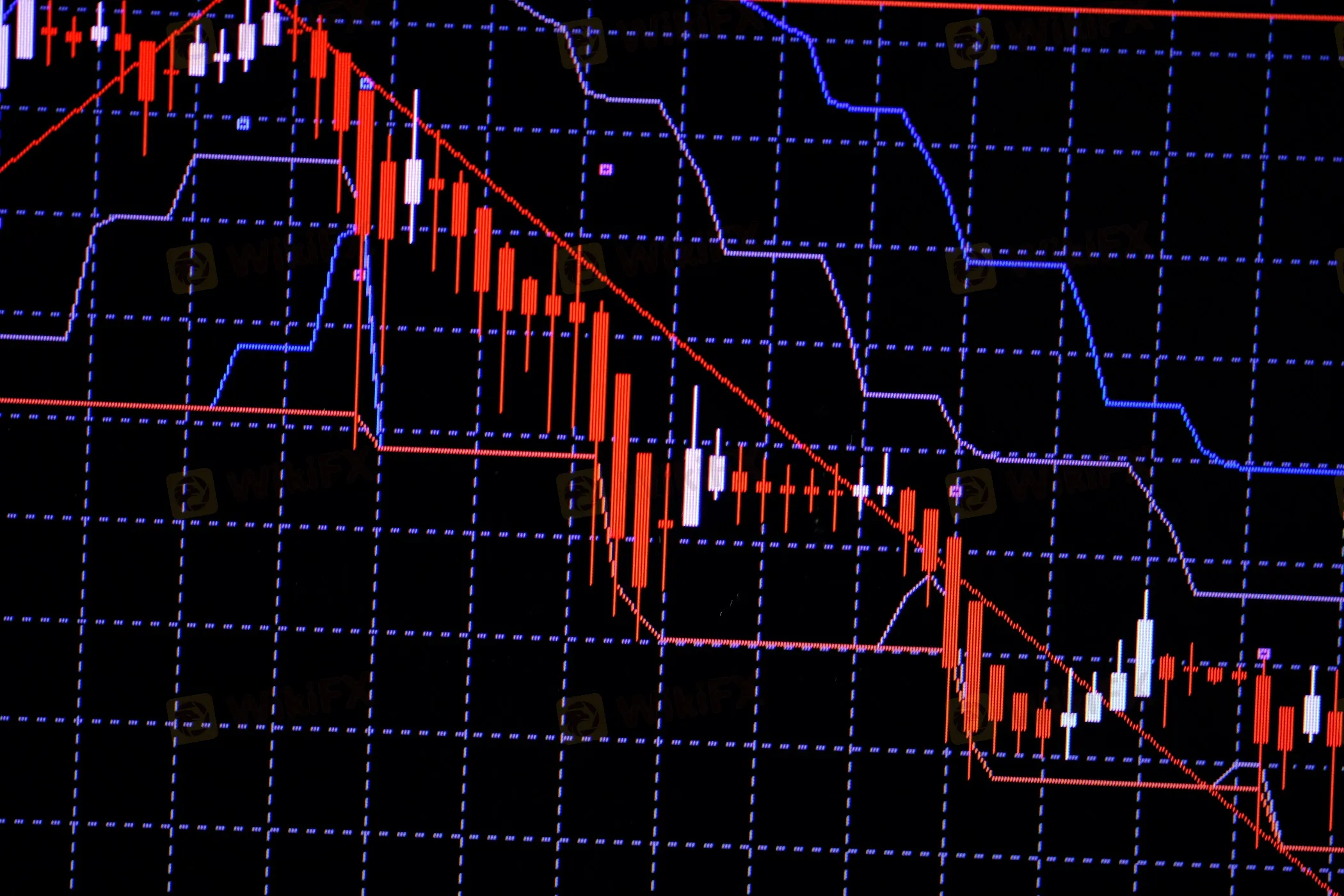Nasdaq Plunges after FB Results; BoE and ECB Deliver Policy Results
Abstract:Sentiment deteriorated yesterday, following weak earnings and a slight uptick in the US dollar. Late Wednesday, the Metaverse company, known before as Facebook, reported disappointing earnings results, resulting in a massive 25% plunge in the company's stock price in the after-hour trading. Because Facebook is one of the biggest companies globally, the magnitude of the decline was enormous

Sentiment deteriorated yesterday, following weak earnings and a slight uptick in the US dollar.
Late Wednesday, the Metaverse company, known before as Facebook, reported disappointing earnings results, resulting in a massive 25% plunge in the company's stock price in the after-hour trading. Because Facebook is one of the biggest companies globally, the magnitude of the decline was enormous.
That alone dragged the Nasdaq 100 index nearly 300 points, or more than 2%, down on Thursday.
Later today, the Bank of England is expected to deliver another rate hike, following the surprising increase of 15 basis points in December.
On the other hand, the ECB will likely do nothing at today's meeting, and monetary policy will remain unchanged. However, the pressure is mounting on the central bank to start tightening monetary policy following yesterday's CPI data, which showed that inflation in the Eurozone rose to 5.1% in January, the highest ever for the region, despite expectations for a drop to 4.4%.
Nevertheless, the ECB is expected to repeat the same old “inflation is temporary” narrative, which has unfortunately not been the case in the US or the UK.
Finally, the US services ISM for January is due, seen falling from 62 to 59.5, although most of the subindices are expected to improve.
The FX market seems undecisive as the USD has dropped notably this week, correcting previous gains and switching the short-term outlook to neutral.
Read more

Immediate Edge Review 2025: Is it safe?
Launched in 2019, Immediate Edge claims to be an automated cryptocurrency trading platform using AI technology for crypto trading services. The platform requires a minimum deposit of $250 to begin trading, which is relatively expensive for many investors. During its short operation, Immediate Edge failed to establish a positive reputation. The platform has undergone frequent domain changes and has repositioned itself as an intermediary connecting users with investment firms—a move that appears designed to obscure its actual operations. Immediate Edge restricts services to investors from the United States; it remains accessible to users in other regions.

Olymp Trade Review 2025: Is It Safe to Trade With?
Founded in 2014, Olymp Trade has been operating for over a decade, expanding its services and user base considerably, now offering focused trading in fixed-time trades (previously known as binary options in some regions) and Forex. Specifically, Olymp Trade operates two trading modes: fixed-time trades and forex mode. Fixed-time trades refer to trades with predetermined expiration times, where traders predict market movement directions. Payouts typically range from 70-90% of the investment amount. Forex Mode is a more traditional forex trading approach with variable leverage (up to 1:500 for experienced traders). At the same time, it allows for more sophisticated trading strategies with customisable take-profit and stop-loss orders.
Vault Markets Review 2025: Live & Demo Accounts, Withdrawal to Explore
Vault Markets, a South African-based broker, has attracted much attention in recent days, particularly within its region. This online broker only offers access to focused trading opportunities on Indices, Currencies, Energies, and Metals, yet it shines on low minimum deposits plus various bonus programmes, which would encourage more investors, especially beginners, to trade with a small budget. However, Vault Markets operates outside of the authorized scope, so we don't consider it solid to trade with.

FBK Markets Review 2025: Live & Demo Accounts, Withdrawals to Explore
FBK Markets, a young South African forex broker, targets both beginners and experienced traders within this region. This broker shines at its low minimum deposit required, 100% deposit bonus, and flexible account options, yet we cannot consider it reliable as it operates without any regulation. Furthermore, it features an approximately 70% withdrawal failure rate.
WikiFX Broker
Latest News
Love, Investment & Lies: Online Date Turned into a RM103,000 Scam
Broker’s Promise Turns to Loss – Funds Disappear, No Compensation!
Broker Took 10% of User's Profits – New Way to Swindle You? Beware!
Pi Network: Scam Allegations Spark Heated Debate
Broker Comparsion: FXTM vs AvaTrade
Account Deleted, Funds Gone: A New Broker Tactic to Beware Of?
El Salvador and U.S. Launch Cross-Border Crypto Regulatory Sandbox
The Instagram Promise That Stole RM33,000
Kraken Partners with Alpaca to Offer U.S. Stocks and Crypto
Before You Trade the Next Big Thing, Remember the Dot-Com Collapse
Rate Calc

